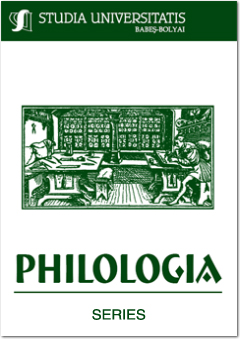ON THE MEANING OF HERITAGE IN SOUTH KOREA: THE CASE OF SUNGNYEMUN
ON THE MEANING OF HERITAGE IN SOUTH KOREA: THE CASE OF SUNGNYEMUN
Author(s): Codruta CucSubject(s): Language and Literature Studies
Published by: Studia Universitatis Babes-Bolyai
Keywords: South Korean national heritage; Sungnyemun; Cultural Heritage Administration; kukpo (national treasure).
Summary/Abstract: On the meaning of heritage in South Korea: The case of Sungnyemun. The meaning of national heritage in the Republic of Korea is produced, controlled and communicated by the Cultural Heritage Administration (CHA), but different other actors, such as academics, citizens participate in constant debate and renegotiation of the meaning of cultural properties. CHA defines heritage in terms of representativity and postulates it as the essence of Korean culture, national identity and history. How all these are embodied in one piece of heritage is exemplified through the case of Sungnyemun, the Great South Gate of Chosŏn dynasty capital, Hanyang. The history of the gate is equated with the very destiny of the Korean people, but since this history also includes traumatic traces of the colonial period, the meaningfulness of the site has not remained undisputed. Two controversies, in 1996 and 2005, have revolved around the meaning of Sungnyemun and its potent symbolic value – or lack of, questioning the master narrative that CHA has imposed on the significance of the gate. However, the arson incident of 2008 and the ways in which CHA has dealt with it are clear proof that the final control over the meaning of heritage is owned by the state authorities, who decide how and when to invest symbolic meaning in patrimonial properties. The analysis of the case of Sungnyemun enables us to see the dynamics between the established, controlled definition of heritage and its constant changing, fluid meaning. Ultimately, this brings to light how symbolic meaning is attributed to heritage through complex processes such as conflict and negotiation.
Journal: Studia Universitatis Babes-Bolyai - Philologia
- Issue Year: 58/2013
- Issue No: 1
- Page Range: 185-195
- Page Count: 11
- Language: English

